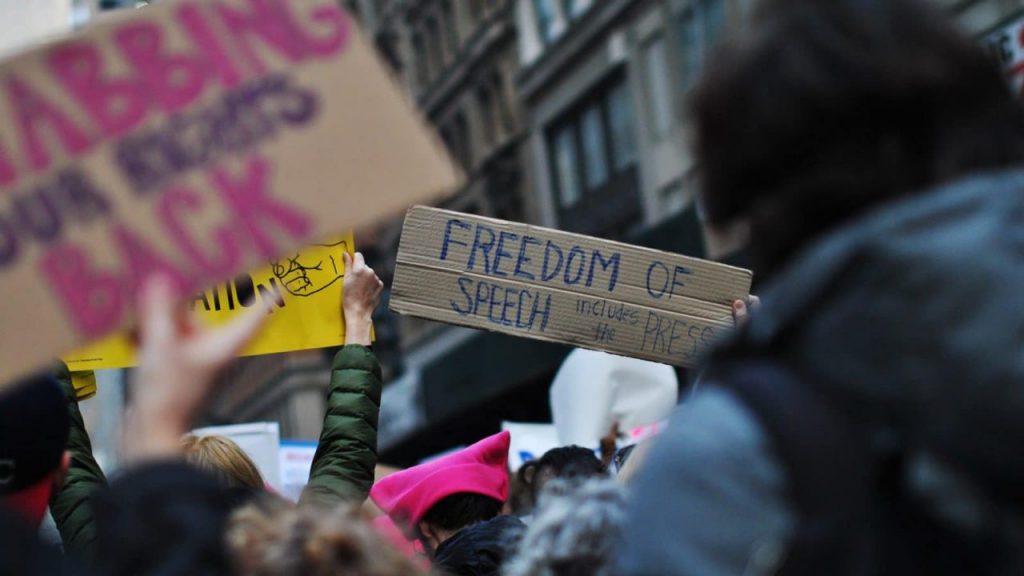The Public Defender’s Office of Georgia announced on July 15 that it “considers reports of possible unauthorized monitoring and recording of representatives of critical media outlets to be deeply concerning.”
The Public Defender’s Office responded to a recording released on July 13 on Maestro TV, by TV host and singer Gia Gachechiladze, who is known as Utsnobi (Unknown). Gachechiladze has had close ties with the ruling Georgian Dream party. In the recording, Giorgi Gabunia, the now former host of the Mtavari Arkhi program Post Factum, is allegedly speaking with employees about how to cover the secret recordings provided to them by Ioseb Gogashvili, former Deputy Head of the State Security Service (SSG).
According to the Public Defender’s Office, this is not the first time that allegations of surveilling media representatives have arisen. “[This] has a negative effect on the already deteriorating quality of media freedom in recent times.”
The Office considers the practice of surveillance to have a “dampening effect” on journalists’ enjoyment of the right to freedom of expression. It emphasized that the purpose is to “intimidate” and “hinder” media activities.
Per the Public Defender, this harmful practice is particularly damaging for investigative journalism, where protecting the confidentiality of sources has “additional importance.”
“Violation of the confidentiality of private communication with journalists may lead to a potential whistleblower refraining from cooperating with the media, which ultimately creates the danger of public interest issues remaining outside of public scrutiny,” the statement emphasized.
The Office stated that it will “actively monitor the investigation started by the Special Investigative Services (SIS) on the possible surveillance of the Mtavari Arkhi TV employees.” On that note, it called on the SIS to proactively provide periodic updates to the public on the investigation.
The SIS announced on July 14 that they launched an investigation into the matter under Article 158(1) of the Criminal Code of Georgia, envisaging a violation of the secrecy of private communication. The crime implies imprisonment of 2 to 4 years.
Also Read:
- Probe Into Alleged Mass Wiretapping Ineffective, Watchdogs Say
- Prosecutor’s Office Probes Alleged Security Service Leak
This post is also available in: ქართული (Georgian) Русский (Russian)

